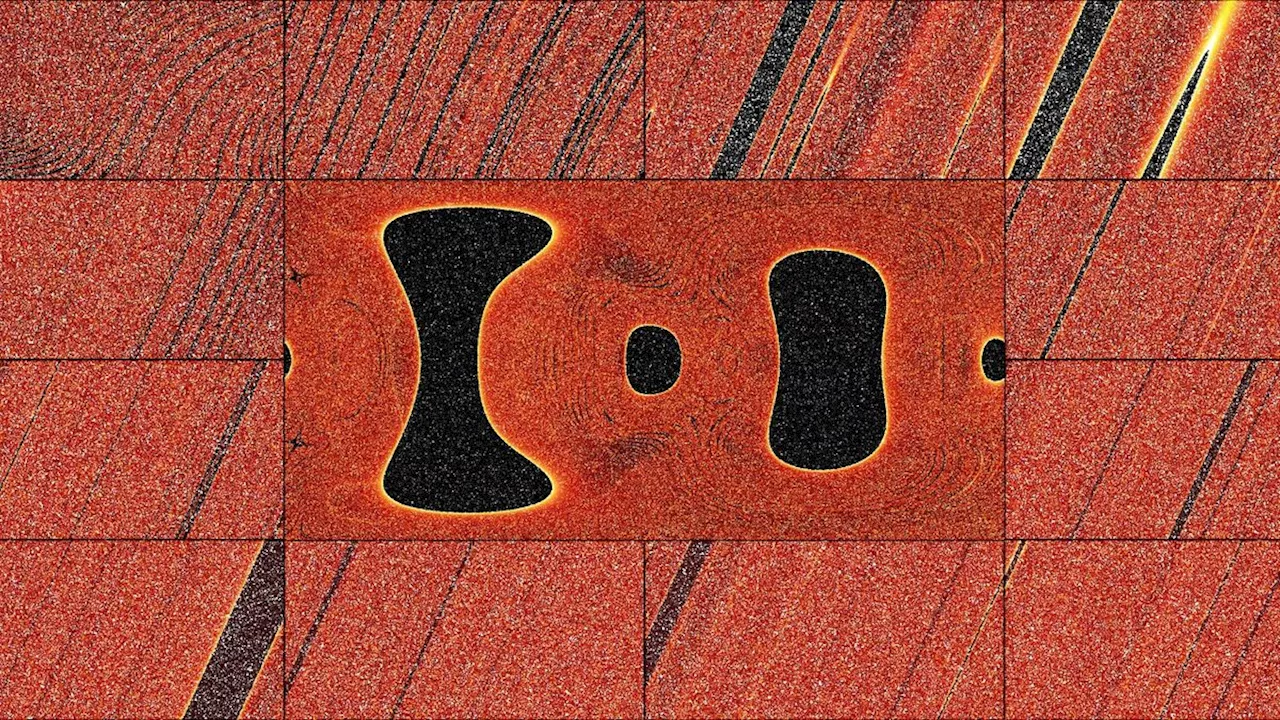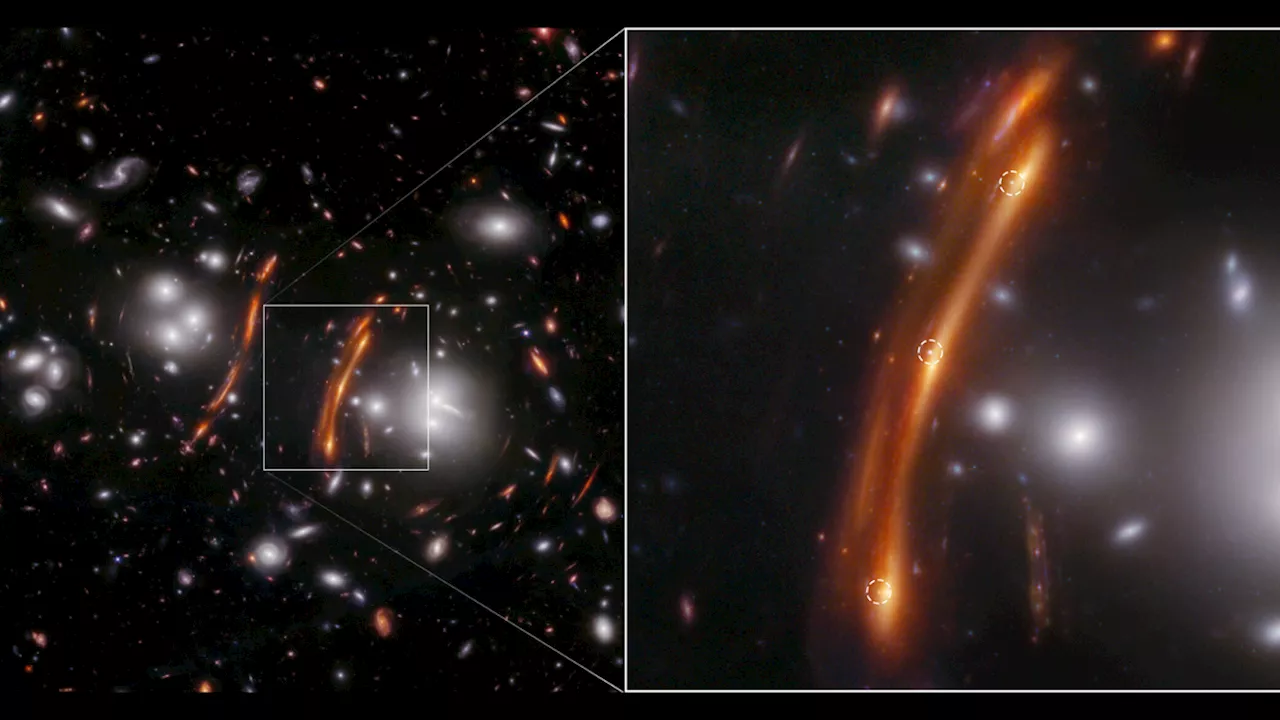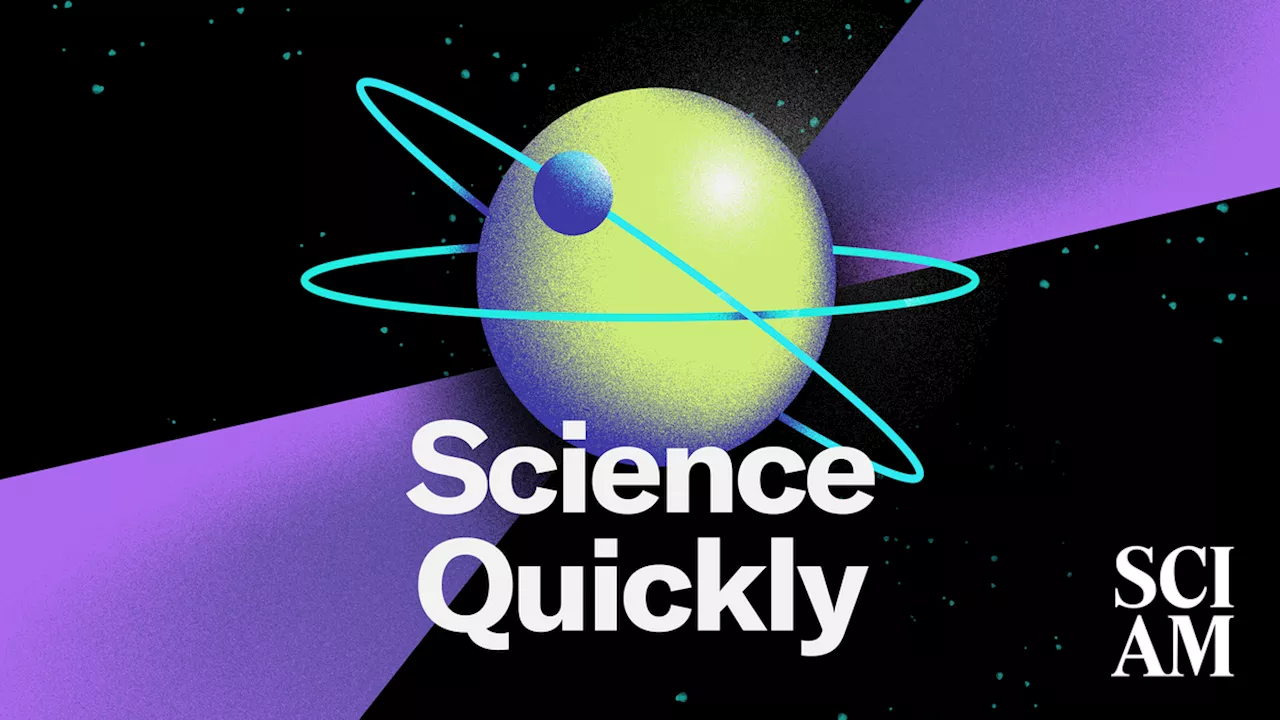Host Rachel Feltman and behavioral scientist Coltan Scrivner explore our fascination with fear and what drives our obsession with all things spooky.
this is Rachel Feltman. As most of you listening to this probably know, I’m pretty into podcasts. But my first experiences with the format—or at least the ones that really hooked me—weren’t the science shows you might expect. I first got into audio by listening to horror podcasts. I’d creep myself out listening toEven if you’re not a horror fan yourself, you can’t deny that humans on the whole seem to really like getting scared.
But that’s not actually what you see. Instead what you see is that some of the gazelles will actually stop and observe the cheetah. And it’s not random which gazelles do this; it’s actually the adolescents and the subadults, so kind of those gazelles who are young and healthy and fit andescape if something happened but maybe don’t have as much exposure to their natural predators yet.
So like those monkeys, for example, peering inside of a bag with a snake in it, I would—you know, that’s something very close to scary play because they kept going back and doing it and seemed to, you know, be afraid while also intrigued and thrilled. And so I think, you know, humans do this in, in all kinds of different ways, whether it’s through physical sort of rough-and-tumble play or through imaginative stories: through video games or movies or other kinds of storytelling. We engage in all kinds of scary scenarios when they’re relatively safe—and, often enjoy it.
I mean, like anything, you know, you can always take a personality trait too far. You know, if you have—any even beneficial personality trait or beneficial trait can always be taken too far and eventually become psychopathological, but it doesn’t seem to be the case that, you know, even high levels of morbid curiosity are associated with that—any more than any other trait.Well, I think there’s quite a few.
And so I think one thing people can do is actually just ease themselves in with kind of campy horror films, you know, ones that are, like, not too scary, kind of silly. And over time ...But it is campy—it’s so campy—but it’s great because of that, right? It’s—it is kind of this, like, almost welcoming kind of film because of that, right? It always eases the tension with the silliness.
Singapore Latest News, Singapore Headlines
Similar News:You can also read news stories similar to this one that we have collected from other news sources.
 Griffin Museum of Science and Industry sparks future innovators with annual Science Works fairFrom gumdrop structures to a fashion show of yellow chemical suits, the Griffin Museum of Science and Industry is molding the minds of tomorrow's scientists and engineers.
Griffin Museum of Science and Industry sparks future innovators with annual Science Works fairFrom gumdrop structures to a fashion show of yellow chemical suits, the Griffin Museum of Science and Industry is molding the minds of tomorrow's scientists and engineers.
Read more »
![Nat Geo Science Fair: The Series Clip Introduces The Celebrities Of The Science Fair [EXCLUSIVE]](https://i.headtopics.com/images/2024/10/13/screenrant/nat-geo-science-fair-the-series-clip-introduces-th-nat-geo-science-fair-the-series-clip-introduces-th-BC8830AB2479A0BC9C71C42A260738CB.webp?w=640) Nat Geo Science Fair: The Series Clip Introduces The Celebrities Of The Science Fair [EXCLUSIVE]Science Fair- The Series Exclusive Clip - No Banner
Nat Geo Science Fair: The Series Clip Introduces The Celebrities Of The Science Fair [EXCLUSIVE]Science Fair- The Series Exclusive Clip - No Banner
Read more »
 Scientists have built an AI-powered 'electronic tongue'Skyler Ware is a freelance science journalist covering chemistry, biology, paleontology and Earth science. She was a 2023 AAAS Mass Media Science and Engineering Fellow at Science News. Her work has also appeared in Science News Explores, ZME Science and Chembites, among others. Skyler has a Ph.D. in chemistry from Caltech.
Scientists have built an AI-powered 'electronic tongue'Skyler Ware is a freelance science journalist covering chemistry, biology, paleontology and Earth science. She was a 2023 AAAS Mass Media Science and Engineering Fellow at Science News. Her work has also appeared in Science News Explores, ZME Science and Chembites, among others. Skyler has a Ph.D. in chemistry from Caltech.
Read more »
 The '3-body problem' may not be so chaotic after all, new study suggestsSkyler Ware is a freelance science journalist covering chemistry, biology, paleontology and Earth science. She was a 2023 AAAS Mass Media Science and Engineering Fellow at Science News. Her work has also appeared in Science News Explores, ZME Science and Chembites, among others. Skyler has a Ph.D. in chemistry from Caltech.
The '3-body problem' may not be so chaotic after all, new study suggestsSkyler Ware is a freelance science journalist covering chemistry, biology, paleontology and Earth science. She was a 2023 AAAS Mass Media Science and Engineering Fellow at Science News. Her work has also appeared in Science News Explores, ZME Science and Chembites, among others. Skyler has a Ph.D. in chemistry from Caltech.
Read more »
 13 L.A. places that’ll induce nightmares any time of year, rated by spookinessFrom abandoned zoos to haunted forest hikes, these spots will terrify you 365 days a year
13 L.A. places that’ll induce nightmares any time of year, rated by spookinessFrom abandoned zoos to haunted forest hikes, these spots will terrify you 365 days a year
Read more »
 James Webb Space Telescope finds supernova 'Hope' that could finally resolve major astronomy debateRobert Lea is a science journalist in the U.K. whose articles have been published in Physics World, New Scientist, Astronomy Magazine, All About Space, Newsweek and ZME Science. He also writes about science communication for Elsevier and the European Journal of Physics. Rob holds a bachelor of science degree in physics and astronomy from the U.K.
James Webb Space Telescope finds supernova 'Hope' that could finally resolve major astronomy debateRobert Lea is a science journalist in the U.K. whose articles have been published in Physics World, New Scientist, Astronomy Magazine, All About Space, Newsweek and ZME Science. He also writes about science communication for Elsevier and the European Journal of Physics. Rob holds a bachelor of science degree in physics and astronomy from the U.K.
Read more »
